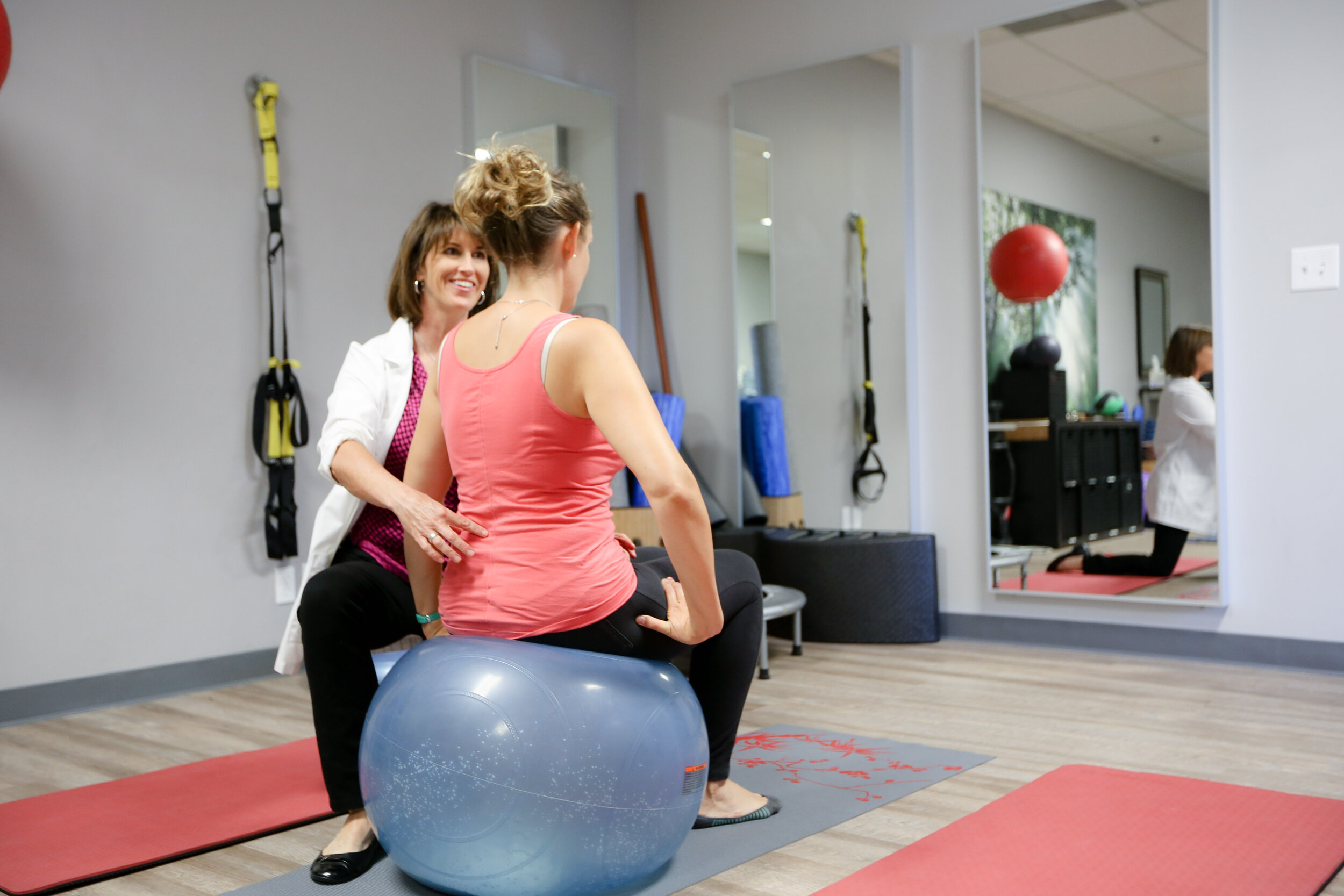
September 7, 2024
Incontinence: Leak, Causes, Medical Diagnosis, Treatment & Prevention
How To Take Care Of Urinary Incontinence In The Senior + Frequently Asked Questions Identify signs early for prompt treatment and far better health and wellness administration. It is characterized by constant or consistent dribbling of pee due to insufficient bladder clearing and may be triggered by bladder electrical outlet obstruction, weak bladder muscle mass, or nerve damage. The bladder, a hollow body organ located in the reduced abdomen, plays an important role in keeping pee. When the bladder fills with pee, it sends signals to the brain, Botox for bladder which then activates a response to assist in peeing. The brain advises the muscular tissues in the bladder to contract while simultaneously loosening up the muscles surrounding the urethra.What is the best treatment for bladder leak?
Senior Incontinence: What You Need To Recognize, Therapy Choices, And Tips For Care
You may need to maintain a bladder journal for two to three days to monitor your liquid consumption, washroom usage and pee leak. Your notes need to include what you were doing prior to the leakage. If you or a liked one is experiencing urinary incontinence, don't think twice to reach out to a doctor. With the best approach and assistance, much better bladder control and enhanced quality of life are achievable objectives for lots of elderly females. Urinary urinary incontinence in elderly ladies is a tough but treatable condition. With a variety of alternatives readily available, from easy lifestyle adjustments to advanced medical treatments, many ladies can locate substantial relief and boosted quality of life. While preserving ample hydration is critical for good wellness, managing liquid consumption can help reduce urinary system incontinence. Inquire about alcohol and caffeine consumption and just how much water your enjoyed one must consume alcohol daily. Then deal with your enjoyed one to establish the best way to adhere to the doctor's suggestions. As reviewed over, your loved one may benefit from drugs, behavior modification, diet regimen modifications, pelvic flooring workouts, surgery, or other treatments.Medical Choices
- A large component of this is due to pregnancy, giving birth and menopause.
- Certain drinks like coffee, caffeinated tea, and soda pop, can worsen incontinence.
- Your possibilities of developing UI and other illness, such as diabetic issues, are higher if you're overweight or have excessive weight.
Stress And Anxiety Incontinence
Treatment with anticholinergic representatives results in a small decrease in leak, corresponding to half a leak daily. The persistence with anticholinergic representatives and conformity are both bad after a year, and aggravate with older age. The reasons provided for discontinuation are no visible results, spontaneous renovation without medications, negative effects profile and switch to one more medication. The usual negative effects for anticholinergics include, dry mouth, bowel irregularity. Nevertheless, the much more frail, handicapped senior with cognitive disability have not been well researched [47] Urinary System Incontinence (UI) is defined as uncontrolled leak of urine. It is a common problem amongst the elderly, approximated to impact about 11-21% of area home elderly in an Italian study and approximately 77% of the homeowners in nursing homes [1,2] When you have urinary incontinence, you may experience bladder control issues and leakage urine. This leak is frequently unmanageable and can adversely affect your life. Your health care expert's suggested treatment plan will certainly depend upon the source of your incontinence. A hidden clinical problem may call for medication, surgery, or other treatments. If you experience urinary system incontinence, make an appointment with a medical care expert. This article examines the common reasons for UI amongst the elderly, particularly the senior with dementia and management methods for UI among the elderly with mental deterioration. Overflow incontinence triggered by a blockage or a narrowed urethra can be treated with surgery to remove the obstruction. Stress and anxiety urinary incontinence in males can be treated with the male sling-- a treatment in which mesh is positioned under the urethra, training and supporting the urethra and sphincter muscle mass. However, if you are unclear whether you are doing the exercises appropriately, you can find out exactly how to carry out Kegel workouts appropriately by utilizing psychophysiological feedback, electrical stimulation, or both. Psychophysiological feedback utilizes special sensors to determine muscle contractions that control peeing. Research has discovered that obese and overweight women who lose weight record fewer episodes of bladder leakage.Social Links